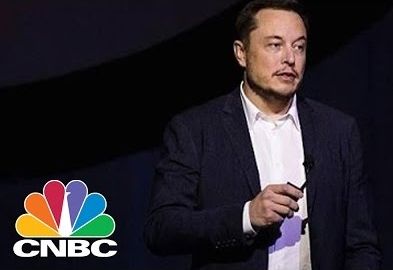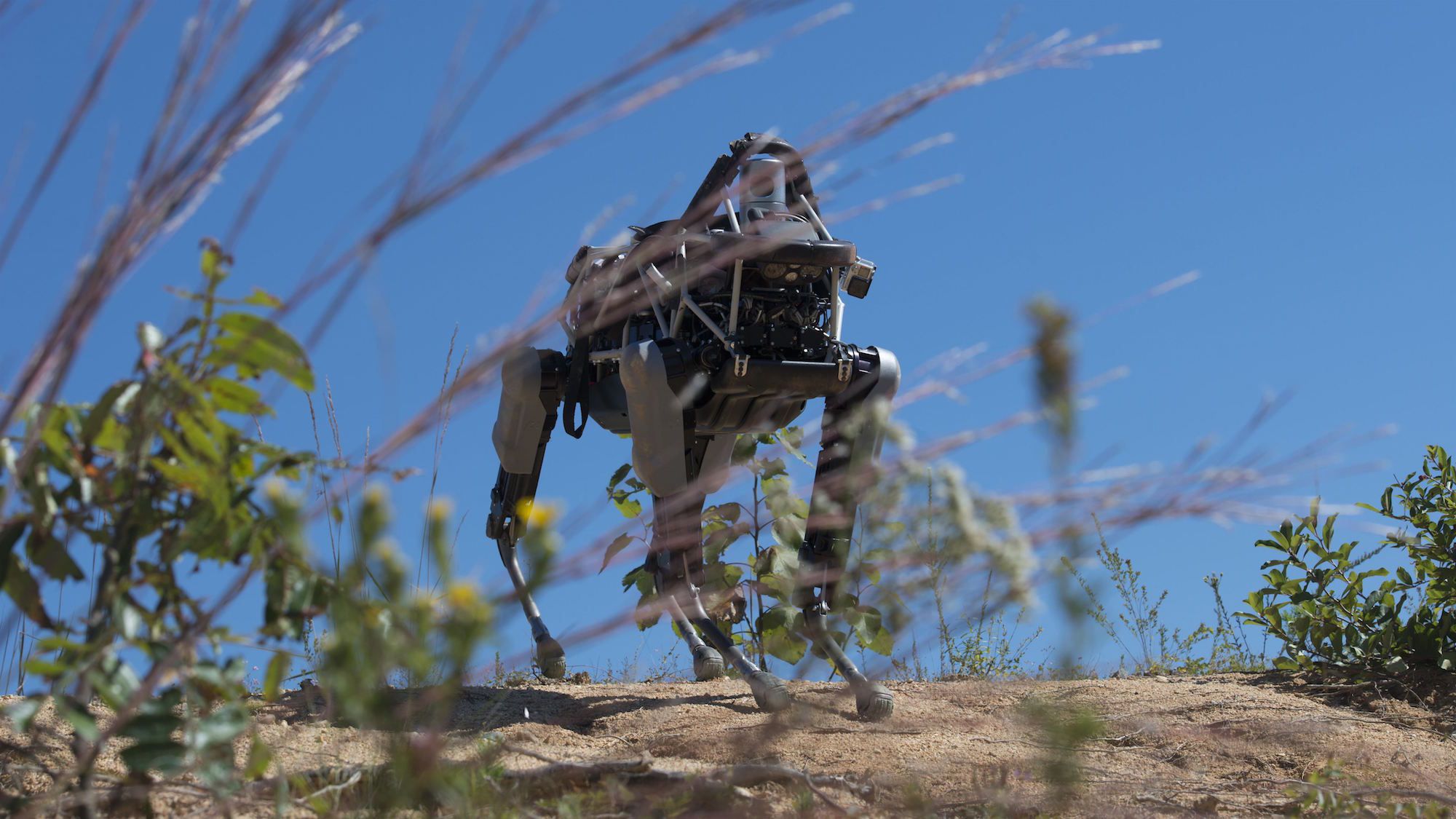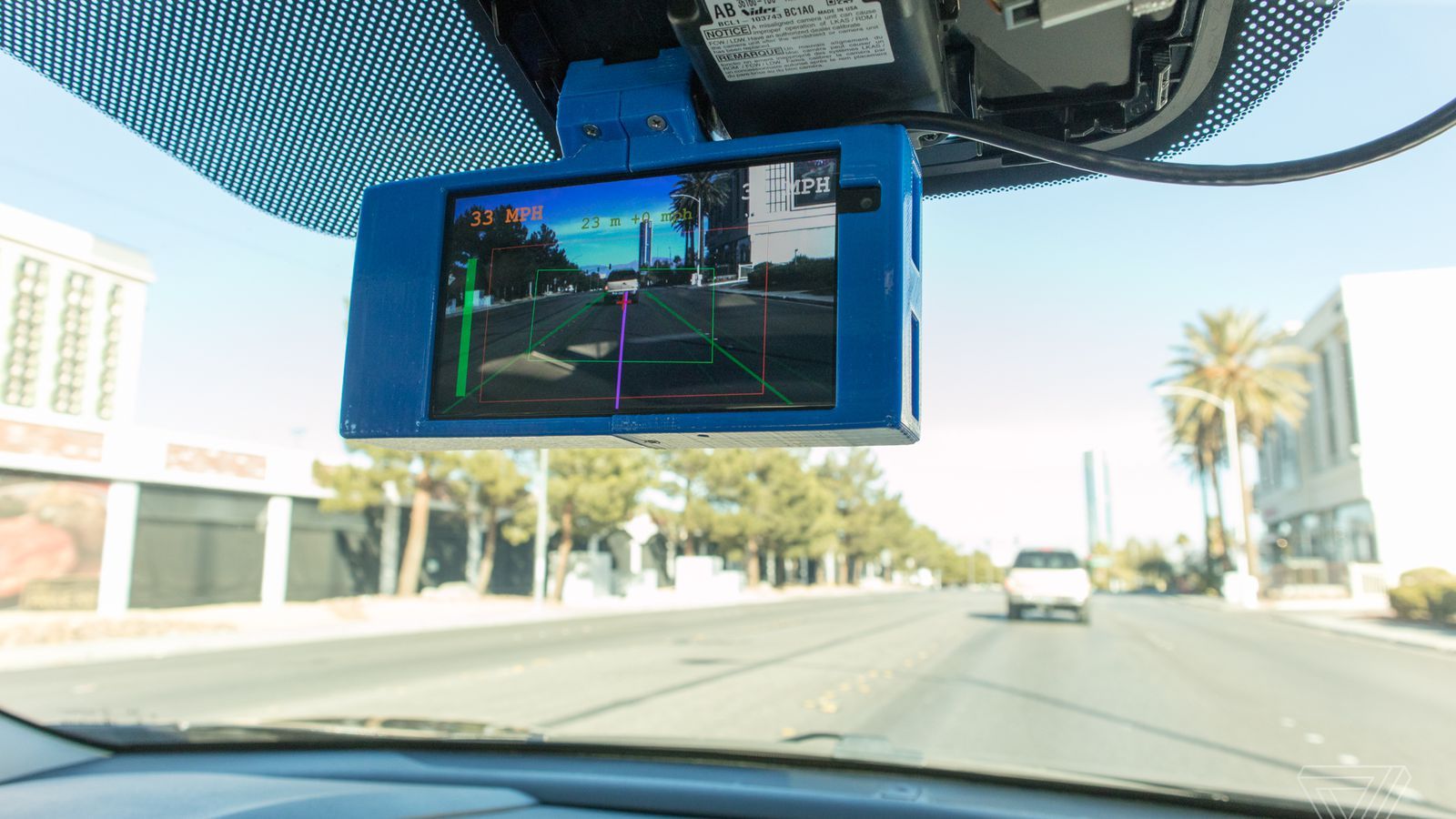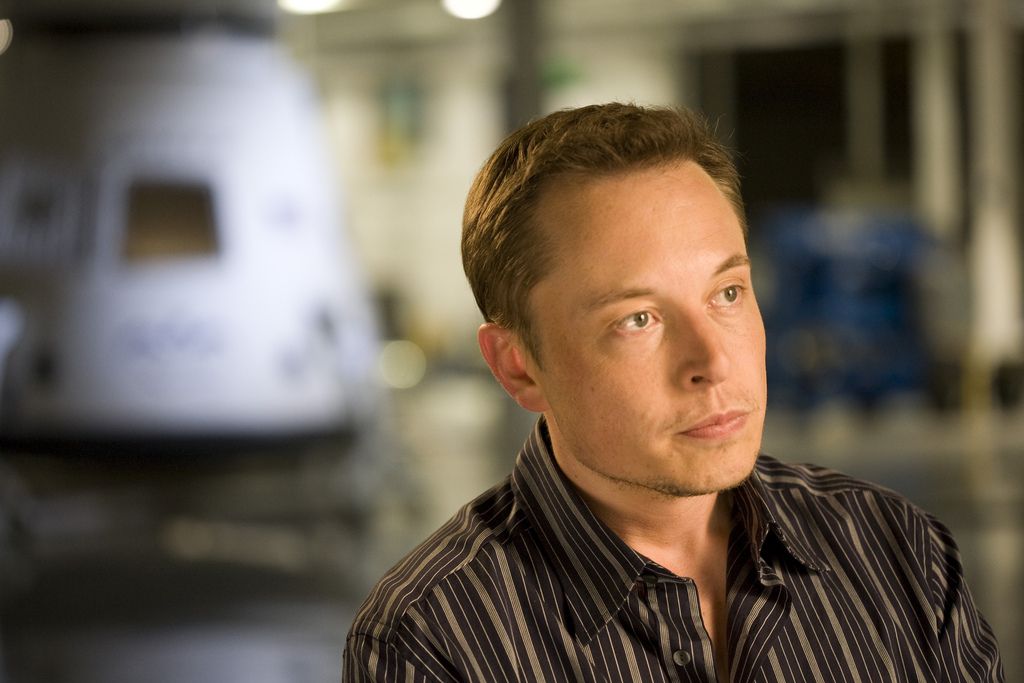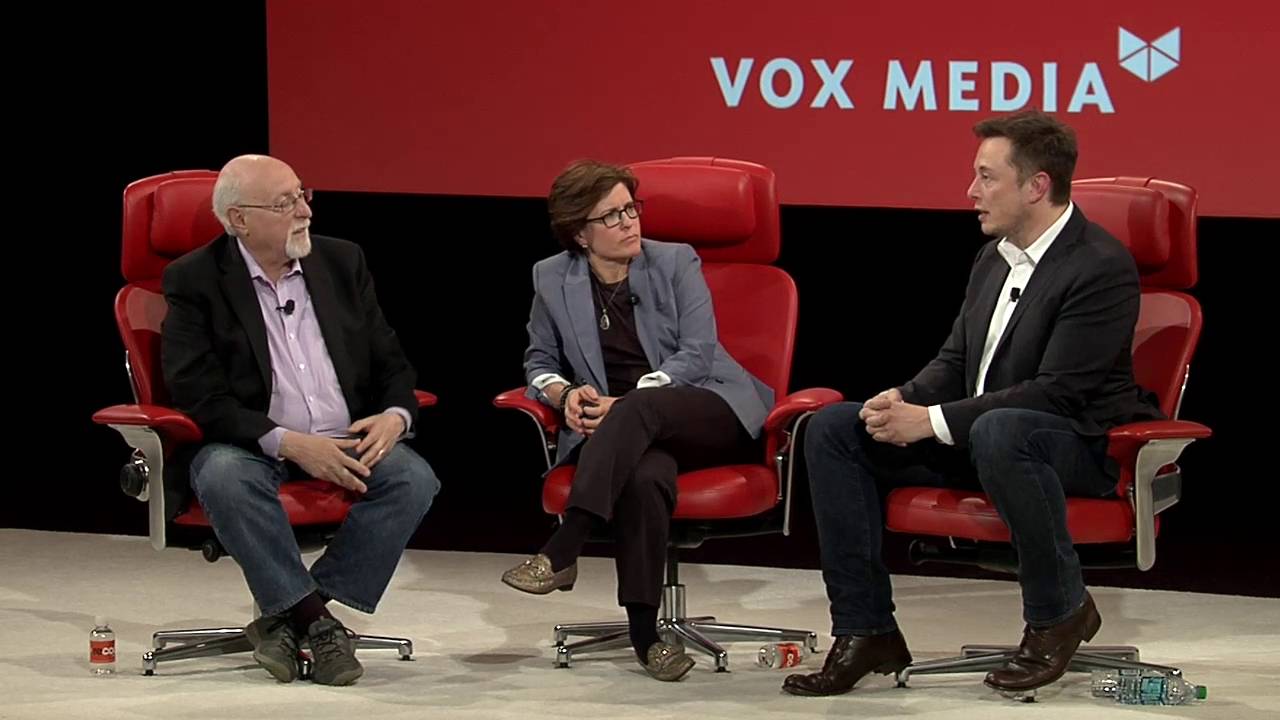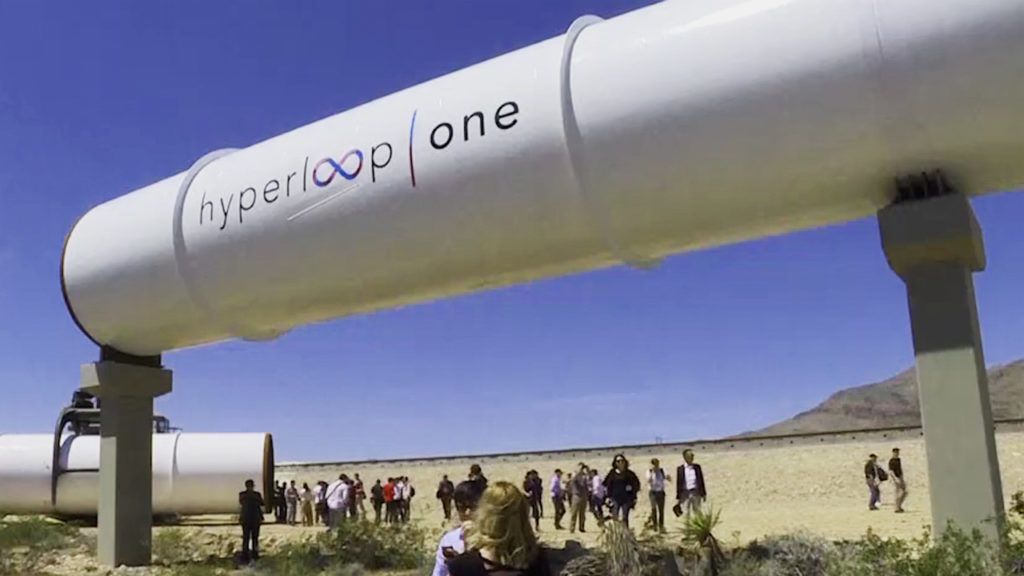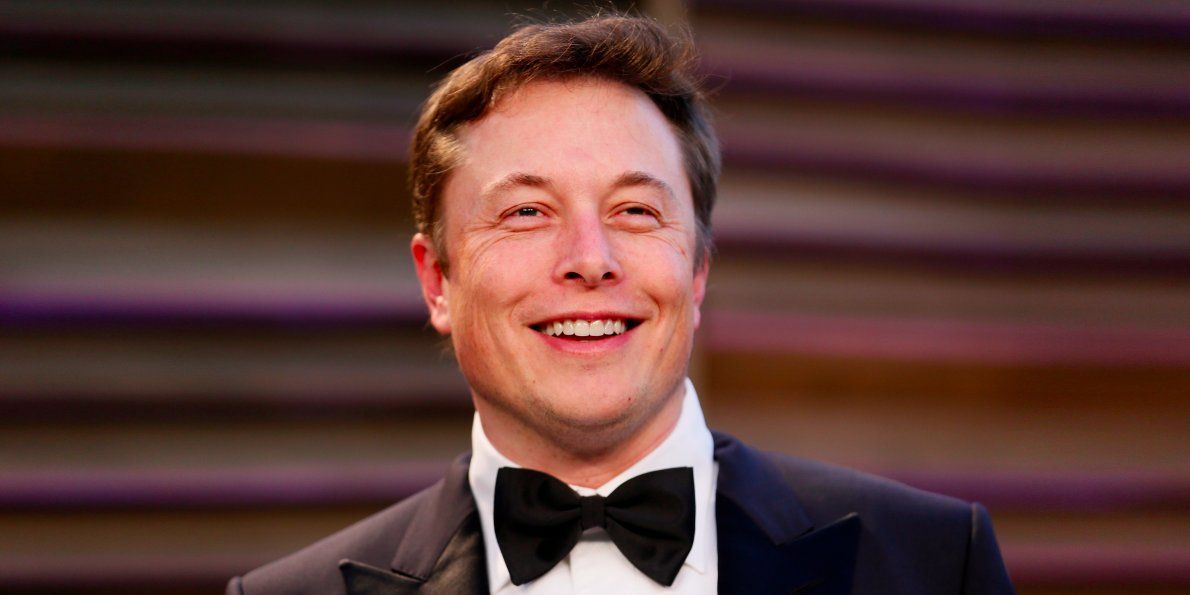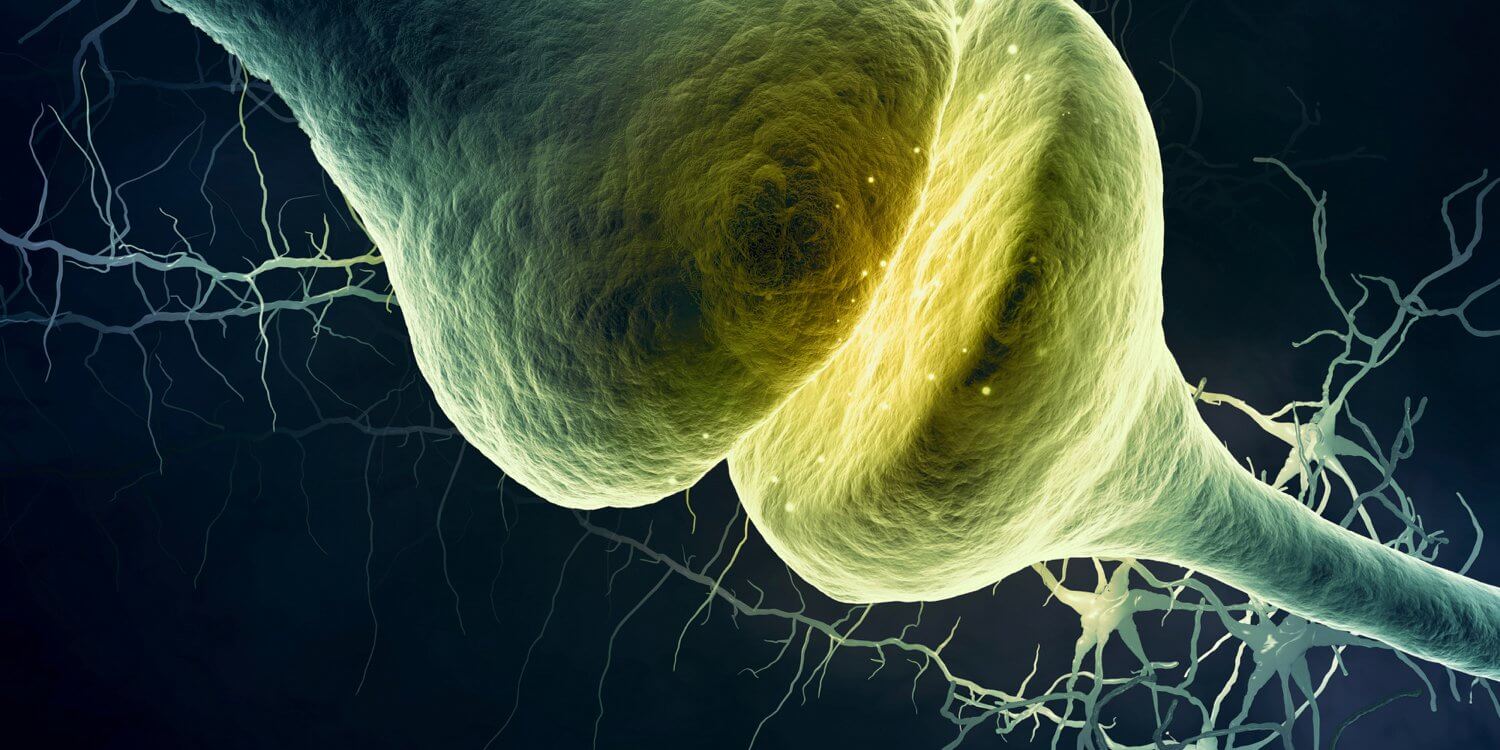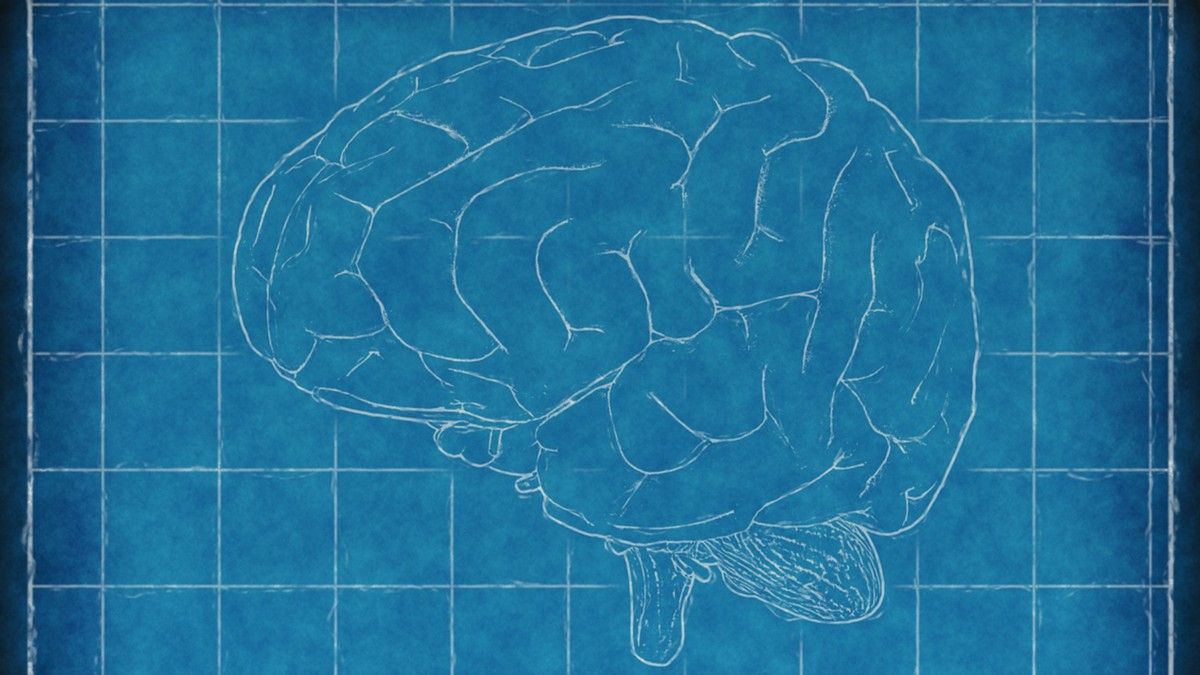Tesla and SpaceX founder Elon Musk told CNBC on Friday that economies would most likely need a form of ‘universal basic income’ as more and more industries become automated.
» Subscribe to CNBC: http://cnb.cx/SubscribeCNBC
About CNBC: From ‘Wall Street’ to ‘Main Street’ to award winning original documentaries and Reality TV series, CNBC has you covered. Experience special sneak peeks of your favorite shows, exclusive video and more.
Connect with CNBC News Online
Get the latest news: http://www.cnbc.com/
Find CNBC News on Facebook: http://cnb.cx/LikeCNBC
Follow CNBC News on Twitter: http://cnb.cx/FollowCNBC
Follow CNBC News on Google+: http://cnb.cx/PlusCNBC
Follow CNBC News on Instagram: http://cnb.cx/InstagramCNBC
Elon musk: moving toward universal basic income due to automation | CNBC
